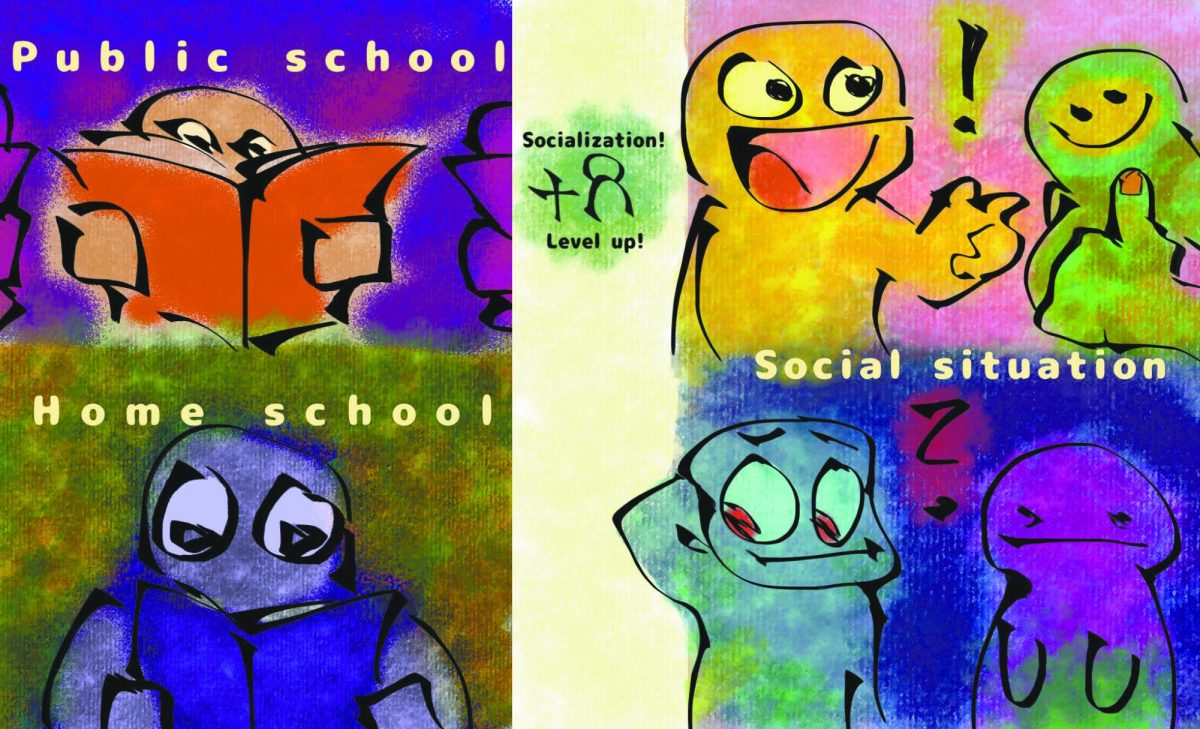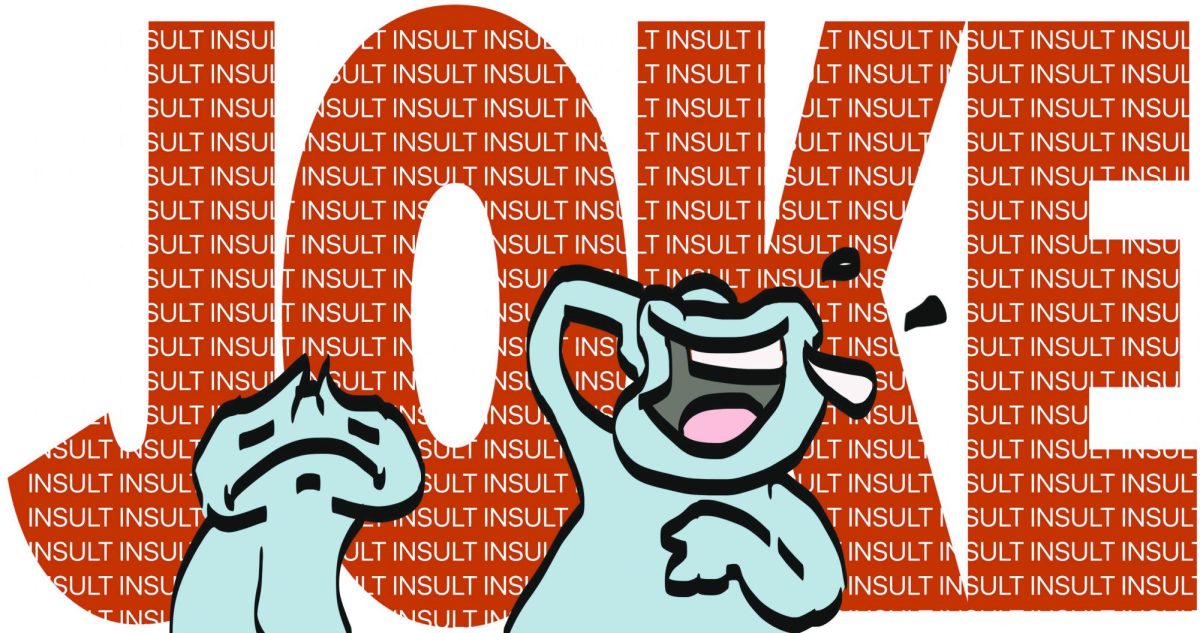Have you ever felt the utmost displeasure seeing someone make something up just to get some attention? What about when that ‘something’ is a disability that people actually live with everyday? Not this person, though, who code-switches to their desired disability to achieve what they want. Whether that be attention, financial instances, wanting some sort of benefit, or trying to get away with something that an able-bodied person would not normally get away with. Unfortunately, I have witnessed multiple of these people deceive others, and sometimes even themselves.
Here’s a sentence I never thought I’d have to write: Please stop pretending to have disabilities, disorders, or mental illnesses. No, seriously. This shouldn’t even be a thing, and yet, here we are.
Before anyone comes for me, yes, mental health is real. Invisible disabilities are real. And a lot of people in our school are dealing with stuff no one else can see. But the more people fake those things for attention, extensions, or to get out of gym, the harder it gets for the people who actually need support to be taken seriously.
The second someone fakes a diagnosis, it casts doubt on everyone else who’s genuinely struggling. According to Stanford Law researcher Doron Dorfman, this is a real thing. He calls it the “fear of disability con”—basically, when people think others are lying about being disabled, it makes the whole system more suspicious and less trusting. That means students with real needs end up being interrogated, denied help, or labeled as “dramatic” when they’re just trying to function.
Of course, we’ve all heard the comments: “She doesn’t look autistic.”… “He’s just using ADHD as an excuse.” You hear all of that, and suddenly disability accommodations start feeling like luxury perks instead of necessities. Except they’re not exactly perks, they’re what make it possible for some students to even show up at all.
It’s frustrating to watch. Because while one student is genuinely struggling to get words out during a presentation, another student is fake shaking so the teacher will let them skip out on presenting. One student is unable to walk well due to their crutches, the other is using their crutches from middle school for attention. When the faker gets caught, or even suspected, it reflects on everyone with a disability.
If you’re ever tempted to fake something because you’re lacking attention or are trying to get out of something, just don’t. It makes no sense to me why you would even want a disability in the first place. You should be grateful that your body can provide you with the functions that some people cannot.
People with disabilities already have to work harder than they should to be believed. Let’s not make it worse for them by turning real conditions into excuses or trends. We can do better than that. Also, faking ADHD to seem “quirky” on TikTok? Not the flex you think it is.



